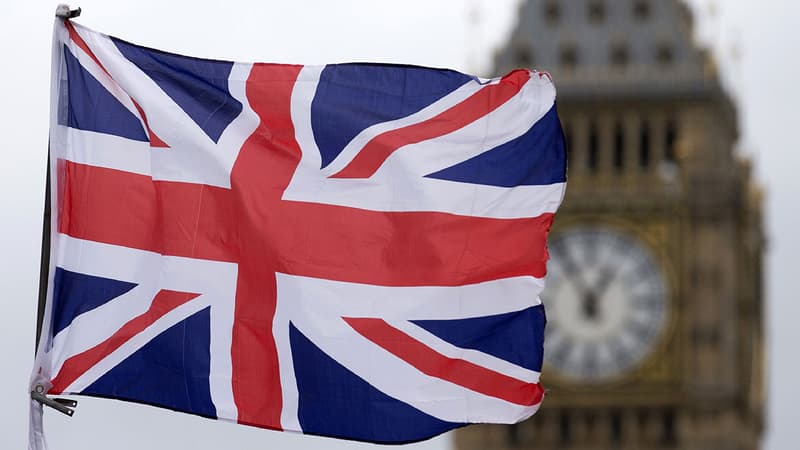Faced with large social movements and accused of inaction, the British government showed its muscles against the strikers by announcing on Thursday the establishment of a minimum service in various sectors, at the risk of further aggravating social tensions. Railway workers, paramedics, nurses… The United Kingdom has been shaken in recent months by movements unprecedented since the Thatcher era in the 1980s for better wages, inflation above 10% that seriously weighs on the cost of living.
These strikes became even more accentuated at the end of the year due to the firmness of the Conservative government, which at this time refused the increases requested by the strikers, causing massive disorganization in various sectors, particularly in rail transport and especially in the system of health. , without bloodshed.
Barely making it to the polls after a year of political scandals and economic downturn, the Conservative government has opted above all to counter the impact of the strikes, mobilizing the army during the year-end holidays to replace the strikers, and promising ” strong hand new laws”. On Thursday, he thus confirmed that he would “quickly” present a law aimed at establishing a minimum service in various sensitive sectors.
firefighters and paramedics
“There must be a minimum level of security that the population can count on, even in the event of a strike, particularly in the health sector,” Business Minister Grant Shapps told various media outlets. “All the other modern European economies have minimum levels of security… and now we will introduce them into law as well,” he added. This minimum service would be required among firefighters, ambulance attendants and in the railway sector, according to a document published by the executive.
The Government intends to let unions and employers discuss to define these “minimum security levels”, but “what we are going to do is give (the legislator) the power to impose it if necessary,” the minister explained. At the same time, the government announced its intention to “invite” the unions to “honest and constructive discussions” about the evolution of wages for the coming year.
Social movements and now the crisis of the health system, with patients waiting hours for ambulances or in emergency corridors, dominate the news. Doctors ask for emergency measures to avoid unnecessary deaths while unions call on the government to dialogue.
“An attack on the right to strike”
Seeking to regain the initiative in his first speech of the year on Wednesday, Prime Minister Rishi Sunak made no specific announcement, leaving many observers unsatisfied. He limited himself to asserting that the door was “always open” for dialogue but that these discussions must be based on what is “reasonable” and “affordable” economically for the country. Unsurprisingly, the establishment of a minimum service aroused protest from the unions.
“When we thought that the government could not sink any lower, the ministers say that they are seeking agreements to stop the strikes by outlawing them,” reacted the PCS union, promising to “resist.” TUC General Secretary Paul Nowak criticized it for “an attack on the right to strike”. “This is an attack on workers and it is an attack on one of the oldest freedoms” in the UK, he added, lamenting that this ad “does not offer anything else to help with the crisis of wages and the cost of living”. .
On Thursday morning, Labor opposition leader Keir Starmer also criticized the prospect of such a move. “I don’t think a law is the way to put an end to social movements. You have to sit down at the table and commit,” he said in his back-to-school speech.
elections on the horizon
Two years after the next legislative elections, for which Labor are favorites against the worn-out Tories after almost 13 years in power, he also criticized the “plauses” of the speech delivered the day before, in the same place, by Rishi Sunak in that he had listed vague promises about immigration, health care and the economy, but no concrete action.
Source: BFM TV


